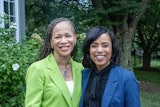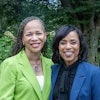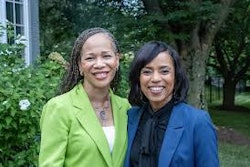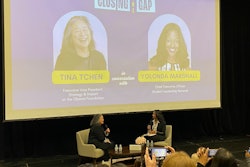As campaign season for the 2020 presidency begins with more women competing for the nomination than ever before, gender bias continues to affect their chances of political success, with 13 percent of Americans believing that men are more emotionally suited for political office than women.
Although this finding has decreased in recent decades by 37 percent, gender bias has the potential of making or breaking elections, according to a new analysis from the Georgetown University Center on Education and the Workforce (CEW).
CEW researchers utilized data from the General Social Survey to evaluate how sex, age, income, race, political affiliation and educational attainment are possible factors in how Americans view the emotional readiness of women seeing political office.
This analysis is a part of a broader topic that the center is working on that focuses on the role of education in reducing authoritarianism in society, said co-author Dr. Nicole Smith, a research professor and chief economist at the CEW.
This broader project that the researchers are working on “prompted us to ask the question, ‘Well, how do people view women in politics?’ And can we understand how these views might influence the forthcoming general election?” Smith said.
Some of the key findings:
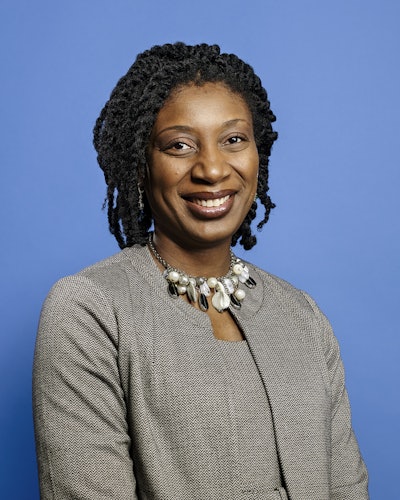 Dr. Nicole Smith
Dr. Nicole Smith- The differences in gender bias among Americans by age has substantially increased since the 1970s, specifically in regard to the views of older women (those over the age of 35) and younger women (those under 35).
- In 2018, Republican women and men were almost three time as likely as Democrats to believe that women were less emotionally suited for politics than men.
- Family income level does not generally indicate their views of women in politics. In the 1970s, Americans with annual family incomes below $75,000 were less likely to adopt negative views of women in politics than those with annual family incomes above $75,000. Despite this, those differences are no longer a reliable factor in predicting ones perspective of women in politics.
In regards to how women in politics were viewed across racial lines, the researchers found little and inconsistent differences. Since the 1970s, Blacks have typically been more likely than Whites to believe that women are less emotionally suited for politics than men. However, this trend changed in the early 2000s, when a smaller percentage of Blacks than Whites had those views of women in politics.
A possible reason for this change could be related to the Obama effect, Smith said, “where Blacks were open to much more diversity when they finally realized the possibility that a Black candidate can actually be President of the United States.”
One of the most consistent factors in predicting bias against women in politics in 2018 was an individual’s education level, second only to political affiliation, the CEW researchers found.
Regarding educational attainment, 1 in 5 people whose highest level of education is a high school diploma believe that a woman might not be emotionally suited to run for political office, Smith said.
One in 10 individuals with no higher than a bachelor’s degree share the same view compared to 1 in 7 individuals who hold a master’s degree or higher, she added.
“Education as a whole makes people more tolerant, makes people more likely to accept differences, to view differences not as a challenge or view differences not as something to be suppressed, but actually embrace differences,” she said.
Still, there is hope, some say that a woman will be elected president, evidenced by Hilary Clinton’s 2016 performance.
“It’s not impossible at all, because Hilary Clinton won the popular vote,” Smith said. “A casual look at the freshmen Congress and Senate is really a different state, there are lots of women who are running and have run successfully. The mayor of Chicago is a Black, gay woman. But even though it’s possible, there’s still headway. They’re starting this race, from two paces back and women have to be stronger, smarter, work harder in order to achieve that goal.”
